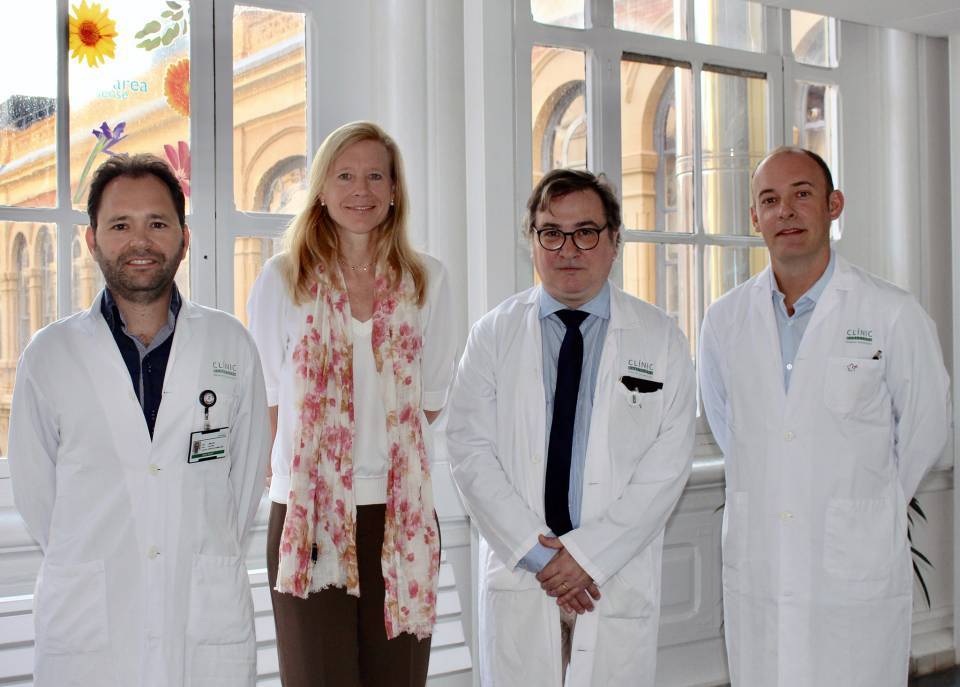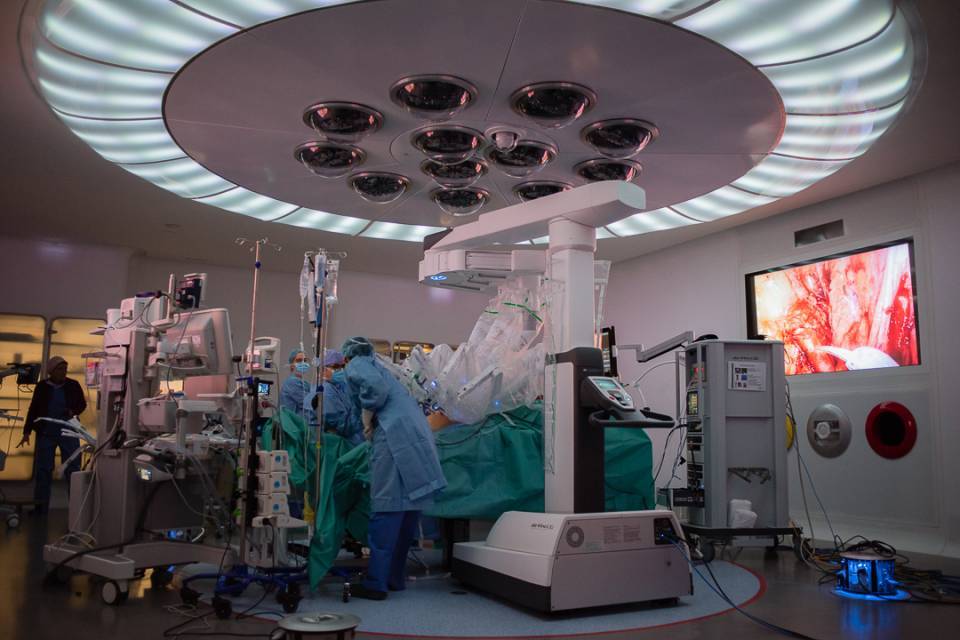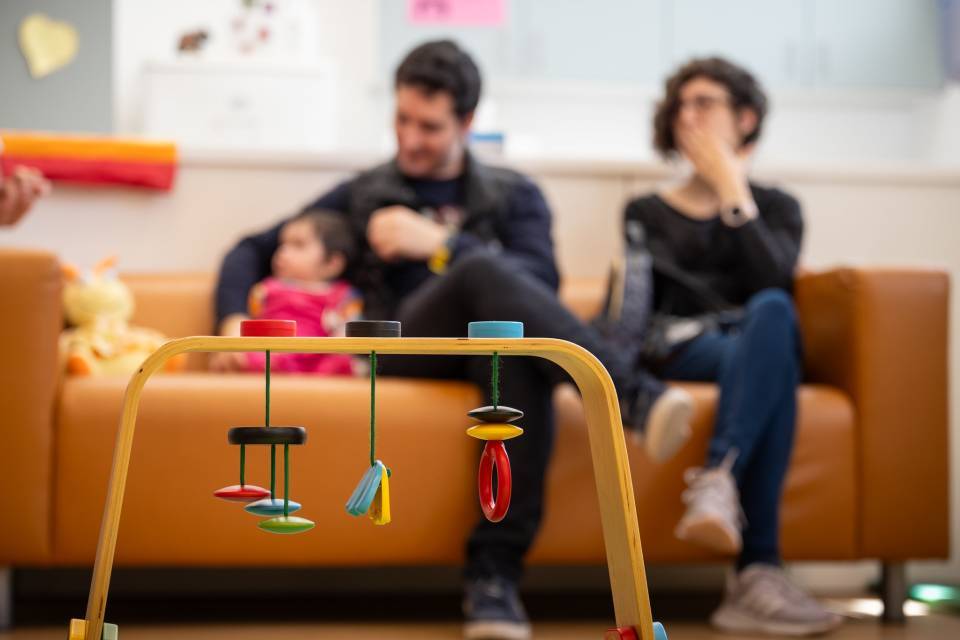Liquid biopsy is a technique that obtains the same genetic information as a conventional biopsy, but through a blood sample, which is a less invasive test and with a minimized risk of complication.
The agreement will facilitate the use of a blood test that identifies alterations in multiple genes. The test, Guardant-360, evaluates an integral panel of 74 genes with high sensitivity. World reference centers in cancer treatment already use this test routinely, such as the 28 cancer centers of the National Comprehensive Cancer Network of North America.
This technology identifies a wide range of genetic alterations such as mutations, gene copies, microsatellite instability and fusion genes in relevant genes from many solid tumors, including hereditary cancers. It also identifies in few days possible mechanisms of resistance to specific treatments. This agreement guarantees a comprehensive genetic characterization of all patients with advanced cancer.
In the first phase, samples of patients with lung cancer, cholangiocarcinoma, colorectal cancer, pancreatic cancer, papillary thyroid carcinoma and salivary gland cancers will be analyzed. In the second phase, the indications will be extended to all patients with advanced cancer.
Through a sample of the patient's blood, fragments of circulating DNA in the plasma are obtained and these are analyzed in the laboratory by mass sequencing techniques. "The advantage of using this technology is that the sample is easier to obtain than through a conventional biopsy, the risk of complications is minimized, and it is a minimally invasive procedure," explains Dr. Javier Garcia-Corbacho, medical oncologist and Coordinator of the Clinical Trials Unit of the Hemato-Oncology Institute of the Hospital Clínic (ICMHO). "Besides, the test will allow us to identify patients with rare genetic alterations that could benefit from very precise drugs."
On the other hand, Dr. Antonio Martínez, Head of the Anatomic Pathology Department of the hospital, comments that "liquid biopsy has the advantage of being more representative of the genetic content of the tumor of the patient with advanced cancer. Its implementation will complement the molecular diagnosis that we perform in the Pathology Department through a conventional tumor biopsy."
Hospital Clínic is the first center in Europe to sign this agreement. Dr. Aleix Prat, Head of the Medical Oncology Department of Hospital Clínic and Head of the IDIBAPS group on Translational Genomics and Directed Therapies in Solid Tumors, points out that, "in order to offer the best possible treatment to patients with cancer, it is crucial to make a complete and accurate molecular diagnosis. The agreement with Guardant Health goes in that direction." "Liquid biopsy already has enormous potential in oncology and we are only seeing its first steps. Its implementation in our hospital will allow a more personalized medicine, either inside or outside a clinical trial," he concludes.




